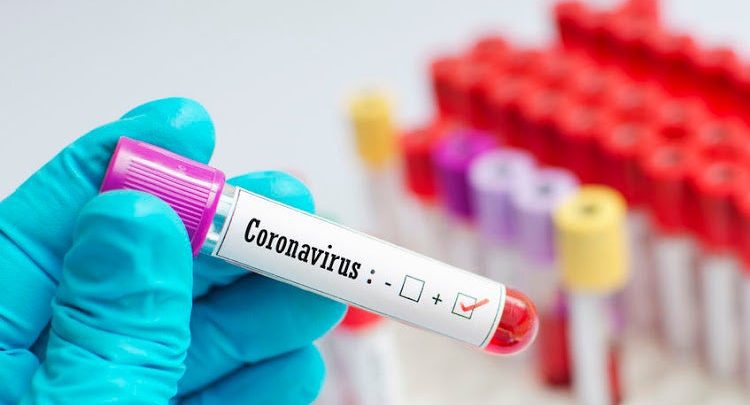
The City Health Department in Bulawayo says it is still facing logistical challenges on following up COVID-19 cases as the announcement of results is still being done in Harare despite Government setting up a testing centre in the city.
Testing for COVID-19 in Bulawayo started on Monday at the National TB Reference Laboratory at Mpilo Hospital and is administered by the Ministry of Health and Child Care.
This development is proving a challenge for the city’s health department, as they get to find out about the results when the health ministry releases the information to the public domain.
“The results have to be announced by the ministry and the city gets them with rest of the public in the evening,” said assistant director of health services, Dr Khulamuzi Nyathi.
Dr Nyathi said the system was ‘unfair’ as it was still proving to be a logistical nightmare.
“Lack of adequate information results in a mismatch of what is shared to the public. Usually, results are out by 5 pm to 6 pm when we are wrapping up the day’s activities. After results are out, the ministry calls us wanting to know more about that case and that is before we are ready as we have to find out which of the rapid response teams handled the particular case,” he said.
He added after results were out, the ministry called the city’s health department, asking for more information on the cases, which by that time, officials had to search for the particular case from the sample batches.
“The testing is something new and we are trying to sort it out. Mpilo has a machine, whose technology automatically sends out alerts that results from the tests are out and that signal is transmitted to Harare,” Dr Nyathi said.
“We have five rapid response teams who are assigned particular cases as we are alerted to them then we have to find out which team is the one that responded to that particular case and go through the batches.”
Dr Nyathi lamented that in some instances, persons provided less information that they thought was necessary, yet more was required by the rapid response teams to build comprehensive case management files.
He highlighted that a contributing factor to why some cases had information gaps was due to the fact some people were not honest with the rapid response teams.
“Sometimes people don’t tell you the truth, it’s only after a while that they start revealing certain information and this is information that we must provide to the ministry,” he said.
Meanwhile, Dr Nyathi decried that people were not self-isolating or observing social distancing.
“We have to emphasise on these protective measures and let us minimise movement. For now the COVID-19 cases are concentrated in the eastern suburbs, where it is easier to control the source but if it were to spread to the western areas we will have challenges. We urge residents to continue washing their hands,” he said.






